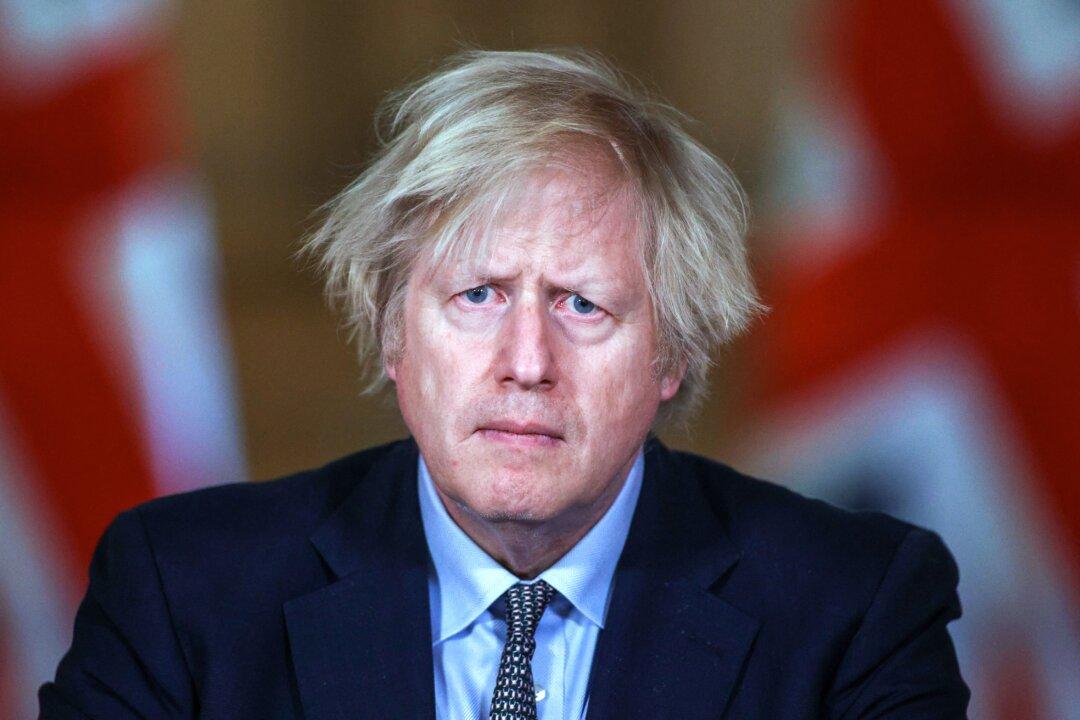Former British Prime Minister Boris Johnson may have misled Parliament at least four times over the “partygate” scandal, a committee of MPs has said.
The Privileges Committee of the House of Commons is conducting an investigation to establish whether Johnson committed contempt of Parliament by telling the House on several occasions that no parties were held in Downing Street at the height of the COVID-19 pandemic in violation of lockdown rules.





